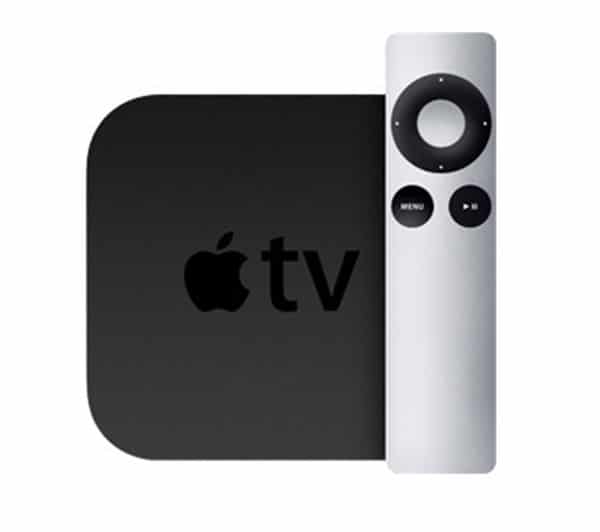We at Needmore have become very interested in social media, and when you talk about social media, you are probably talking about either Facebook or Twitter. These are the two kings, and it can be hard for folks to figure out what the difference really is, and what that means to their business online.
There are a lot of obvious difference between them, but in order to get to the heart of the matter, you have to look at the underlying way people connect to each other. From these differences, you can extrapolate a whole lot about them both.
On Facebook, you connect directly to another person, and it is a two-way relationship. This relationship is a lot of work, and it is intended mainly for connecting to friends, to people you already know. No one on Facebook can ever have more than five thousand friends, no matter how big of a celebrity or business they might be, so friendships on Facebook just don’t work. What does work, for many people, are the “pages” feature, designed to let you put a business page on Facebook, which can have as many friends as you want. But this doesn’t change the underlying architecture of Facebook, and it doesn’t change the nature of, and reason for, visiting the site.
On Twitter, however, the relationship is asymmetric. Which is to say, it works just fine one-way, that’s how it’s built. Someone like Ashton Kucher can have a billion followers, and you can have just a few, and it makes no difference. Celebrities obviously aren’t going to follow a billion people back and, on Twitter, it’s never an issue. As a consequence, the way people “follow” others on Twitter has a very different pattern. Whereas on Facebook, you are likely to follow people you already know, on Twitter you are likely to follow people you are just interested in, or want to learn more about, or think you might be friends with in the future. It’s more “aspirational” in nature, and that’s a very important difference.
Because of these differences, it’s easier for people to “follow” your business on Twitter than on Facebook. When people follow a Facebook page, they tend to think of it as a one-time activity, as if they were “voting” for that page. They are much less likely to want constant interruptions from businesses on Facebook, alongside updates about their friends. But on Twitter, users are very comfortable browsing through a long timeline of tweets. They use this timeline to keep up not just on other people, but also on news sources and media. Because Twitter is so simple and one-directional by design, it tends to have as many characteristics of news media as it does characteristics of social networks.
This is just one reason why we tend to advise you to focus your business’ online networking on Twitter first, and then Facebook. We feel that it’s better suited to the kinds of things our clients do, it is easier to get started, and more likely to bring value in the short term.




